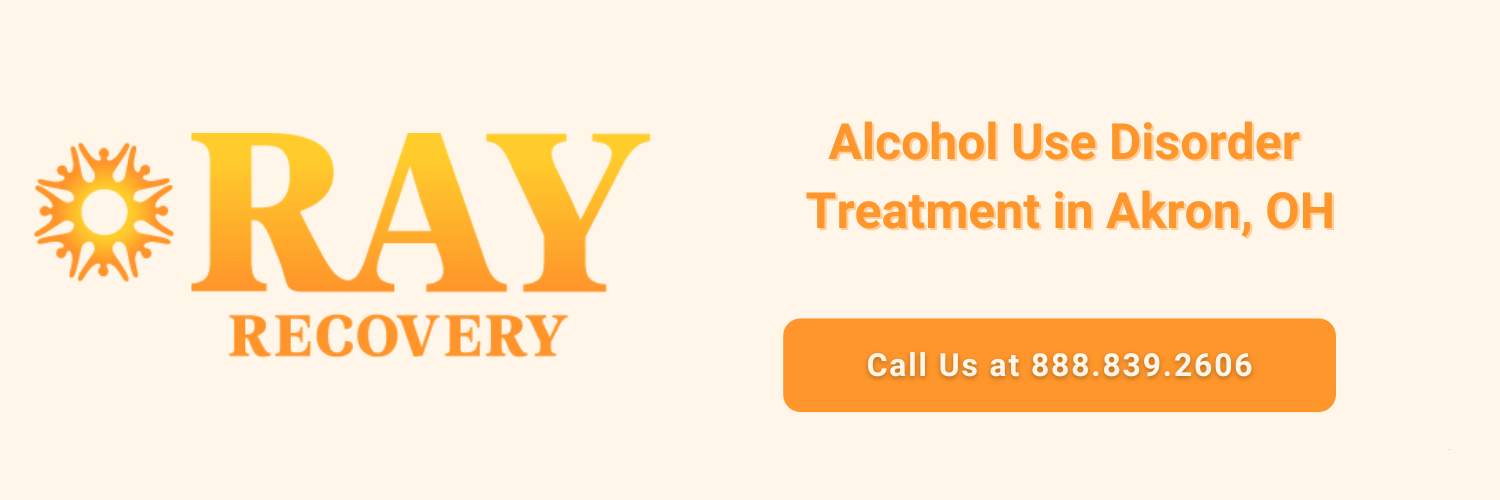Long nights blurred by drinks, forgotten conversations, and moments slipping through your fingers. Heavy drinking doesn’t just affect your liver or relationships; it can quietly reshape your brain over time.
But how deep does the damage go? Can chronic alcohol use actually lead to dementia?
In this article, we’ll uncover the surprising connections between alcohol and cognitive decline, explore the risks involved, and highlight treatment options that offer hope for recovery.

Is Alcoholism Linked to Dementia?
Alcohol-Related Brain Injury (ARBI) and Other Changes in the Brain Due to Alcohol Abuse Disorder
Chronic alcohol abuse can cause Alcohol-Related Brain Injury (ARBI), a broad term that includes:
- Cognitive impairments
- Memory loss
- Difficulties with problem-solving
ARBI results from the toxic effects of alcohol on brain cells, nutritional deficiencies like thiamine loss, and repeated episodes of withdrawal. These factors combine to shrink brain volume, damage white matter, and disrupt communication between brain regions, potentially leading to lasting cognitive challenges.
Understanding these changes is key to recognizing the impact of alcohol on brain health and the importance of early treatment. Recovery programs like those at Ray Recovery offer hope and support to help individuals rebuild cognitive function and regain quality of life.

Moderate Drinking Vs. Heavy Drinking
Moderate drinking typically means up to one drink per day for women and two for men. Heavy drinking exceeds these limits regularly, often involving binge episodes. While moderate drinking may have minimal risks, heavy drinking significantly increases the chances of health problems, including liver disease and cognitive decline.
A 2018 study published in The Lancet Public Health found that individuals who consume more than 14 drinks per week face a significantly higher risk of developing dementia compared to moderate or non-drinkers. The research highlights how sustained heavy drinking accelerates brain aging and cognitive decline.
Moderate Drinking Tips
Current NHS guidelines recommend limiting alcohol intake to 14 units per week for both men and women. One unit measures the pure alcohol in a drink. Check labels for exact amounts, as they vary.
Drinking well above this increases your risk of brain and organ damage, raising the chance of dementia.
Here’s a quick guide to common drink sizes and their unit counts:
- Typical glass of wine (175ml, 12% ABV): 2 units
- Large glass of wine (250ml, 12% ABV): 3 units
- Pint of lower-alcohol beer or cider (3.6% ABV): 2 units
- Pint of higher-alcohol beer or cider (5.2% ABV): 3 units
- Single shot of spirits (25ml, 40% ABV): 1 unit
If cutting back feels overwhelming, Ray Recovery is here to offer compassionate support and guidance. You don’t have to face it alone.
Can Alcoholism Lead to Dementia? A Look at Symptoms and Risks
Yes — heavy drinking and alcohol abuse are linked to dementia. Recognizing warning signs and understanding risks helps determine if someone may have alcohol-related cognitive decline.
A recent Brazilian autopsy study of 1,781 individuals found that those consuming eight or more drinks weekly had a 133% higher risk of vascular brain damage and dementia-related markers, like tau tangles, compared to non-drinkers. Even former heavy drinkers showed elevated risk, underscoring long-lasting effects of alcohol on brain health.
If alcohol may be affecting you or a loved one, reach out for support. Ray Recovery offers compassionate, evidence-based treatment to protect your brain and help you thrive.
Symptoms and Stages of Alcohol-Related Dementia
Alcohol-related dementia can affect memory, behavior, and motor function.
Here are common symptoms to watch for:
- Confusion: Trouble understanding time, place, or familiar routines
- Poor judgment: Making impulsive or inappropriate decisions
- Mood swings: Increased irritability, anxiety, or depression
- Lack of concentration: Difficulty focusing on tasks or conversations
- Coordination issues: Unsteady walking, clumsiness, or tremors
- Social withdrawal: Avoiding friends, family, or activities once enjoyed
- Speech problems: Slurred or slow speech, even when sober
- Memory loss: Especially short-term memory, forgetting recent conversations or events
Alcohol-related dementia typically develops in progressive stages, though symptoms can vary by individual:
- Early stage: Mild memory issues, mood changes, and small lapses in attention or decision-making
- Middle stage: Noticeable confusion, increased difficulty with daily tasks, worsening motor coordination, and stronger emotional shifts
- Late stage: Severe cognitive decline, dependence on others for care, frequent disorientation, and possible physical complications such as incontinence or immobility
Early intervention can slow progression and improve quality of life, especially when paired with treatment like that offered at Ray Recovery.
Risk Factors and Possible Complications
Chronic alcohol use doesn’t affect everyone the same way, but certain factors can increase the likelihood of developing alcohol-related dementia. Left unaddressed, the condition can lead to serious complications that impact overall health and independence.
Risk Factors:
- Long-term heavy drinking: Especially over several years or decades
- Nutritional deficiencies: Particularly thiamine, essential for brain function
- Genetics: Family history of dementia or addiction may increase risk
- Age: Older adults are more vulnerable to alcohol-related brain changes
- Co-occurring conditions: Liver disease, cardiovascular issues, or mental health disorders can worsen cognitive decline
Possible Complications:
- Permanent memory loss: Some cognitive damage may be irreversible
- Wernicke-Korsakoff syndrome: A severe brain disorder linked to thiamine deficiency
- Physical disability: Loss of coordination, balance, or motor control
- Dependency on care: Increasing need for supervision or assisted living
- Social isolation: Strained relationships and withdrawal from community or family life
Recognizing these risks early and seeking support — like the comprehensive treatment programs offered at Ray Recovery — can make a meaningful difference.
Can You Get Better From Alcohol-Related Dementia?
Recovery is possible, especially if the condition is caught early and drinking is decreased or stopped. While some brain damage may be permanent, many people experience significant improvements in memory, mood, and daily functioning with sustained sobriety, proper nutrition (especially thiamine), and supportive care.
Programs like Ray Recovery specialize in helping individuals manage alcohol use, rebuild cognitive strength, and regain a better quality of life.
Management and Treatment Options
While alcohol-related dementia can’t always be fully reversed, proper treatment can slow its progression and improve daily functioning. A combination of medical, nutritional, and behavioral support is key to managing symptoms and promoting long-term recovery.
Common treatment strategies include:
- Alcohol cessation: The most critical step—stopping alcohol use halts further brain damage.
- Thiamine supplementation: Replenishes vitamin B1, often severely depleted in chronic drinkers.
- Cognitive rehabilitation: Memory training, routine-building, and problem-solving strategies can improve daily life.
- Medical monitoring: Ongoing care for liver health, heart issues, or co-occurring conditions.
- Mental health support: Therapy and, when needed, medication to address depression, anxiety, or other mood disorders.
- Structured recovery programs: Facilities like Ray Recovery offer personalized treatment plans that combine medical care, therapy, and life skills training to support long-term healing.
With early intervention and the right support system, individuals can regain stability, preserve independence, and improve their quality of life.
Discover the Alcohol Addiction Treatment Options at Ray Recovery and Begin Your Recovery Journey Today
If you’re worried about your drinking — or watching someone you love slip into forgetfulness, confusion, or personality changes — now is the time to act. Alcohol-related dementia doesn’t wait, and the longer it’s left untreated, the harder it becomes to reverse.
At Ray Recovery, we understand how overwhelming this can feel. Our compassionate team offers expert care, various treatment plans, and real support to help you or your loved one reclaim clarity, health, and peace of mind. Recovery is possible, and it starts with one step. Reach out today.
The content in this blog is not intended to be a substitute for professional medical advice, diagnosis, or treatment. Always seek the advice of your physician or other qualified health provider with any questions you may have regarding a medical condition.




